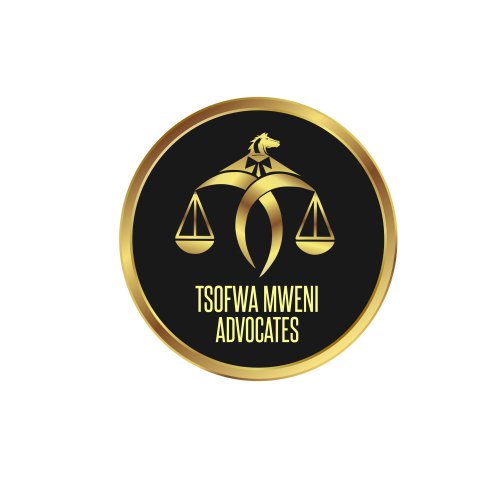About Child Visitation Law in Mombasa, Kenya
In Mombasa, Kenya, child visitation laws are primarily guided by the Children's Act, which establishes and protects the rights of all children across the country. The law focuses on the interest and welfare of the child, giving due consideration to the child’s wishes in light of their age and understanding. Both parents have equal responsibilities and rights to their children, irrespective of their marital status, unless a court rules otherwise. The court, however, can intervene to set visitation schedules, especially during separation, divorce, or in situations where parents can't agree amicably on their shared duties and responsibilities towards the child.
Why You May Need a Lawyer
Legal advice may be crucial in situations where the relationship between the parents has become acrimonious, and mutual agreement on child visitation cannot be reached. In cases where there are allegations of domestic violence, substance abuse, or any behavior that may negatively impact the child’s welfare, you may need a lawyer. Also, if one parent is refusing to adhere to the visitation schedule set by the court, a lawyer can help enforce those rights. Legal assistance can also provide you guidance if you're seeking to change an existing visitation order due to significant changes in circumstances.
Local Laws Overview
Under the Kenyan Children's Act, child custody and visitation rights are determined with the best interests of the child being paramount. In cases of dispute, the Kenyan court does not show a gender bias, as both parents have equal responsibility towards the welfare of their children. The Act also recognizes a child's right to maintain personal relations and direct contact with both parents on a regular basis. In deciding visitation arrangements, the court considers the child’s views, the child's physical and emotional needs, any potential risk of harm to the child, and the capacity of each parent to provide for those needs.
Frequently Asked Questions
1. Can a parent be denied visitation rights?
Kenyan law-upholds that it's in the child’s best interest to maintain contact with both parents, and will only deny visitation rights if there's substantial evidence showing that a parent's involvement could harm the child physically, emotionally, or psychologically.
2. Can visitation orders be modified?
Yes, visitation orders can be modified by the court if there's a significant change in circumstances, and such change will serve the best interests of the child.
3. What happens if a parent disobeys a visitation order?
Disobeying a court visitation order can lead to legal consequences, including loss of custody, reduced visitation rights, fines, and in some cases, imprisonment.
4. Can grandparents have visitation rights?
Under Kenyan law, grandparents can be granted visitation rights if it serves the best interests of the child.
5. What can be done if one parent relocates to another region or abroad?
If one parent wishes to relocate to a different region or country and it affects the agreed visitation schedule, they may need permission from the court. Alternatively, they may need to negotiate a new visitation agreement with the other parent.
Additional Resources
For more information and advice concerning Child Visitation in Mombasa, Kenya, consider contacting the Department of Children's Services, the Children's Court, or legal aid services such as Kituo Cha Sheria. You can also find additional resources through local child welfare and family law organizations.
Next Steps
If you need legal help with Child Visitation, consider reaching out to a family law attorney who specializes in child custody and visitation rights. Gather all relevant documents as they will be useful for your attorney to understand your situation. Moreover, remember to maintain respectful communication with the other parent, as the court views this positively.
Lawzana helps you find the best lawyers and law firms in Mombasa through a curated and pre-screened list of qualified legal professionals. Our platform offers rankings and detailed profiles of attorneys and law firms, allowing you to compare based on practice areas, including Child Visitation, experience, and client feedback.
Each profile includes a description of the firm's areas of practice, client reviews, team members and partners, year of establishment, spoken languages, office locations, contact information, social media presence, and any published articles or resources. Most firms on our platform speak English and are experienced in both local and international legal matters.
Get a quote from top-rated law firms in Mombasa, Kenya — quickly, securely, and without unnecessary hassle.
Disclaimer:
The information provided on this page is for general informational purposes only and does not constitute legal advice. While we strive to ensure the accuracy and relevance of the content, legal information may change over time, and interpretations of the law can vary. You should always consult with a qualified legal professional for advice specific to your situation.
We disclaim all liability for actions taken or not taken based on the content of this page. If you believe any information is incorrect or outdated, please contact us, and we will review and update it where appropriate.














